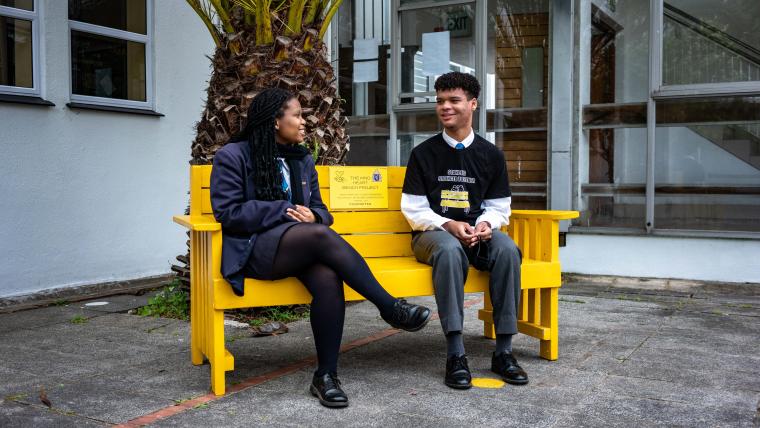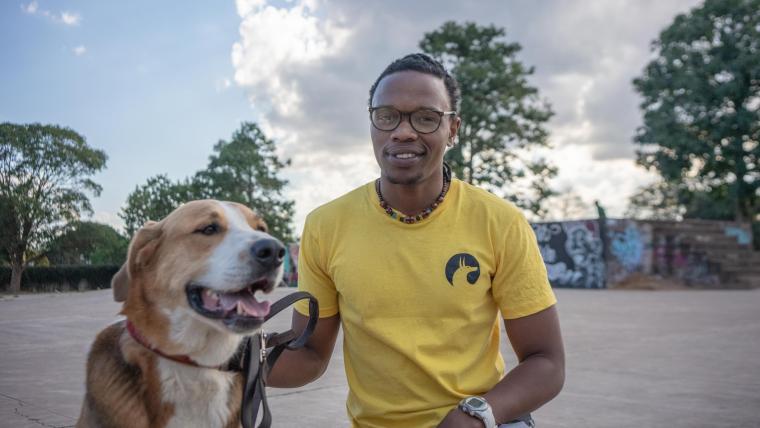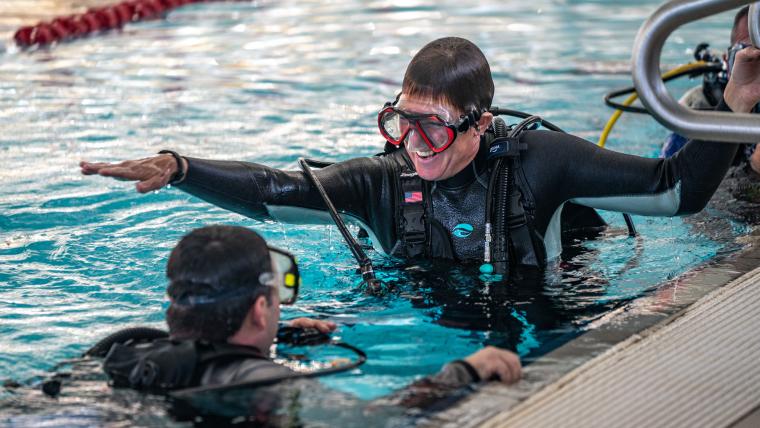
Exposing the necessity of mental healthcare for trauma survivors in Nigeria
During a traumatic event, we can only attend to the immediate moment. There’s no time for anything else. But what happens in the aftermath? In Nigeria, millions of survivors of violence try to forge new futures, but they are haunted by the past. The long-term effects of trauma are often buried. Documentary photographer and visual artist Etinosa Osayimwen has not forgotten about those who have lived through such harrowing circumstances. "Photography can be a powerful tool to break through harmful ways of being that we have normalised in society," she says. Through her work, Osayimwen is helping victims of terror piece their lives back together.
“I wanted to explore this idea of telling survivors to just ‘move on’ from traumatic events,” Osayimwen says. She has undertaken a mammoth project entitled It’s All In My Head. The photographic series is an ongoing exploration of the memories and experiences of survivors of Boko Haram insurgencies, tribal raids, and religious attacks. Families have been torn apart and people have died or disappeared. For many, all that’s left is remnants and silence. But for over two years, Osayimwen has given her time, creativity, and attention to those affected.
Her series sheds light on the interior world of her subjects, fostering connection between community members and families. To capture these portraits, Osayimwen exposes two images on top of each other. The first is a poignant photograph of a person, and the second is a memory, coping mechanism, or anchor that the subject uses to make it through each day. The effect is a sobering reminder that tragedy can fill up every corner of someone’s consciousness.
Mental healthcare is not widely available in Nigeria, particularly in rural communities where millions of people have been displaced by terrorist attacks. Night terrors, flashbacks, and post-traumatic stress can be misinterpreted as possession or insanity, leaving struggling victims even more isolated and desperate for help. Osayimwen’s work advocates for resources to be allocated for counselling, so that people can heal from what they’ve witnessed. "Change begins when we confront our own prejudice and decide to stand for what matters,” she says. Through conversations with Osayimwen, some interview subjects are realising for the first time that the horror they’ve experienced can be quelled with therapy and support. With a network of aid, the daily lives of millions of people can improve.






























Please sign in to leave a comment